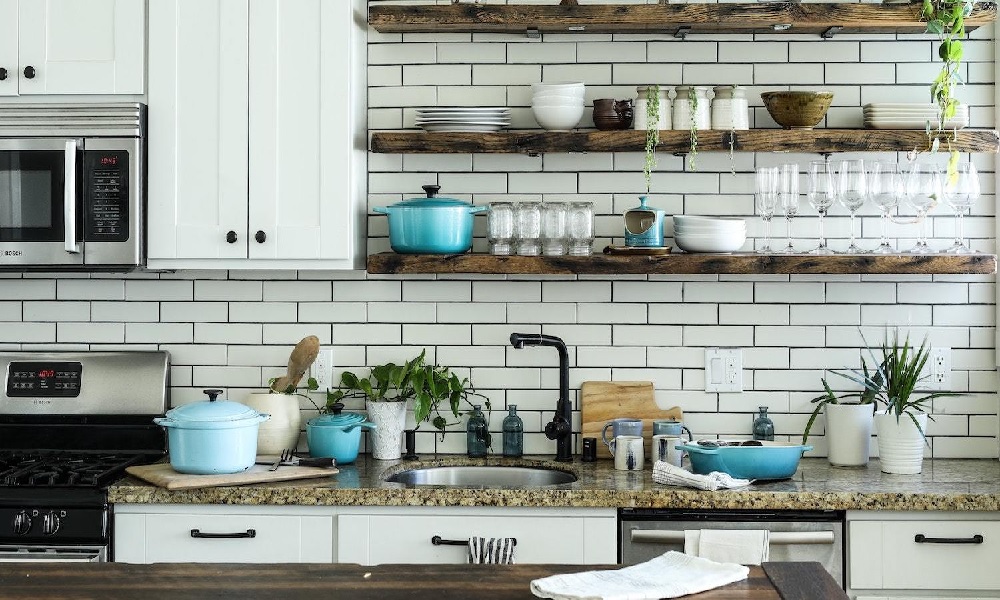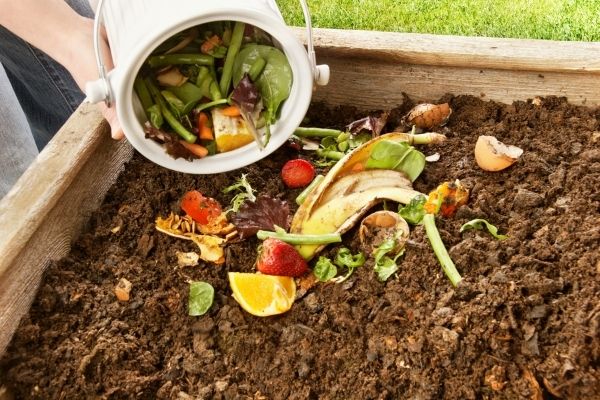Transitioning to a Zero-Waste Kitchen: Practical Steps and Tips

As more people become aware of the impact of their daily activities on the environment, the concept of zero-waste living is gaining popularity. One of the areas where we can make a significant difference is in our kitchens. Here are some practical steps and tips to help you transition to a zero-waste kitchen:
1. Start with a Waste Audit
The first step in transitioning to a zero-waste kitchen is to understand the amount and types of waste you generate. Conduct a waste audit by tracking your kitchen waste for a week. You can use a notebook or a waste tracking app to record the details.
Once you have the data, analyze it to identify the sources of waste and areas where you can reduce it. You may find that you are throwing away a lot of food, using too many disposable items like plastic wraps and bags, or generating a lot of food scraps.
2. Invest in Reusable Containers and Bags
One of the easiest ways to reduce waste in the kitchen is to switch to reusable containers and bags. Invest in a set of durable and versatile containers for storing leftovers, packing lunches, and storing dry goods like rice and pasta. You can also use reusable produce bags instead of plastic bags for shopping for fruits and vegetables.
Reusable containers and bags not only reduce waste but also save you money in the long run. You can also get creative and repurpose old jars and containers for storage.
3. Compost Food Scraps

Food scraps make up a significant portion of kitchen waste. Instead of throwing them in the trash, compost them to create nutrient-rich soil for your garden. You can use a compost bin or a worm bin to compost food scraps.
Composting not only reduces waste but also helps to cut down on greenhouse gas emissions from landfills. Plus, you get to enjoy fresh produce from your garden.
4. Buy in Bulk
Buying in bulk is a great way to reduce packaging waste in the kitchen. Look for stores that offer bulk bins for grains, nuts, and spices. Bring your own reusable containers or bags to fill up.
Buying in bulk also helps to reduce food waste since you can buy only the amount you need. Plus, it often works out to be cheaper than buying pre-packaged items.
5. Use Cloth Towels and Napkins
Instead of using paper towels and napkins, switch to cloth ones. Use dish towels for wiping counters and spills, and cloth napkins for meals. You can buy them in bulk or make your own from old fabric scraps.
Using cloth towels and napkins not only reduces waste but also adds a touch of elegance to your kitchen.
Transitioning to a zero-waste kitchen may seem daunting at first, but it is achievable with small and consistent steps. By conducting a waste audit, investing in reusable containers and bags, composting food scraps, buying in bulk, and using cloth towels and napkins, you can significantly reduce your kitchen waste and make a positive impact on the environment.




